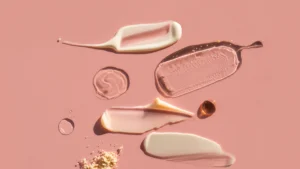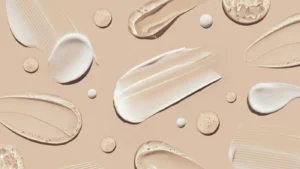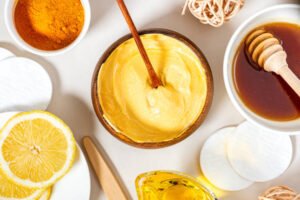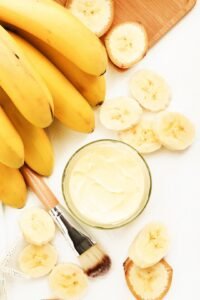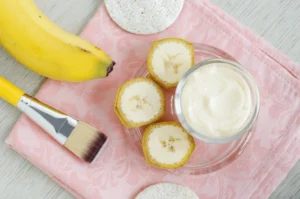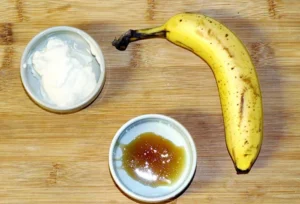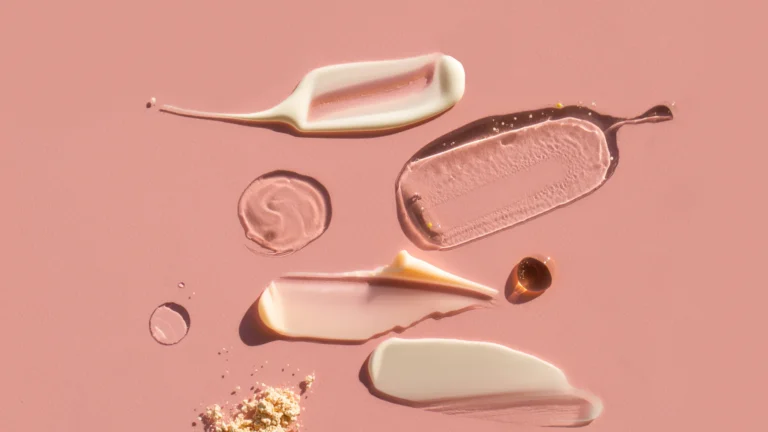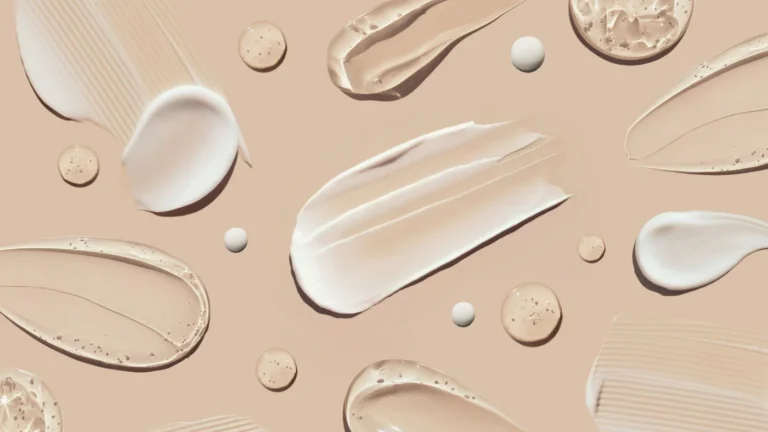Natural Remedies for Acne That Actually Work – Dermatologist-Backed Guide (2025)
If you’ve been searching for natural remedies for acne that actually work, you’re not alone. Acne affects millions of people, and while there are countless skin-care products on the market, many are interested in gentle, plant-based, dermatologist-approved ways to clear acne naturally. From tea tree oil for pimples to honey masks for blemishes, science is finally catching up with what holistic wellness communities have been practicing for years.
In this guide, you’ll learn evidence-based home acne treatments, how to use them correctly, and what dermatologists say about natural ingredients for clear skin.
Quick disclaimer: This article is for educational purposes only. Always patch-test natural treatments and consult your dermatologist if you have severe acne, cystic acne, or skin sensitivity.
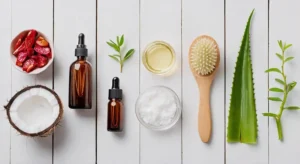
✅ Why Choose Natural Remedies for Acne?
Natural acne solutions are becoming popular because they are:
Gentle on skin
Affordable and accessible
Packed with antioxidants + anti-inflammatory properties
Less likely to cause harsh irritation than chemical products
Supportive for long-term healthy skin barrier
Plus, many dermatologists agree that certain natural ingredients can complement clinical acne treatments like benzoyl peroxide, salicylic acid, or retinoids.
🌿 Top Natural Remedies for Acne That Dermatologists Support
1. Tea Tree Oil – Natural Antimicrobial Powerhouse
Tea tree oil for acne is one of the most researched natural treatments.
Why it works:
Tea tree oil kills acne-causing bacteria (P. acnes), reduces inflammation, and helps unclog pores.
How to use it:
Mix 1 drop tea tree oil + 10 drops carrier oil (e.g., jojoba, sweet almond)
Apply as a spot treatment 1–2× daily
Derm tip: Never use tea tree oil undiluted—it can irritate skin.
2. Aloe Vera – Skin-Soothing & Healing
Pure aloe vera gel helps calm inflammation, reduce redness, and support wound healing from acne.
Benefits:
Anti-inflammatory
Hydrates without clogging pores (non-comedogenic)
Helps fade acne scars and dark spots
How to use:
Apply a thin layer as a moisturizer or overnight mask
Pro-tip: Look for pure aloe gel with no added alcohols or fragrances.
3. Honey & Cinnamon Mask – Anti-Bacterial Duo
Raw manuka honey is rich in enzymes and natural antibacterial properties.
Why dermatologists like it:
Helps fight bacteria
Speeds healing
Reduces acne inflammation
DIY Mask Recipe:
1 tbsp raw honey (preferably manuka)
½ tsp cinnamon
Apply 10–15 minutes, rinse with warm water
Use 2–3× weekly
4. Green Tea – Antioxidant Acne Fighter
Drinking green tea for skin health is great, but applying it topically can also reduce acne.
Why it works:
Contains EGCG, a powerful antioxidant
Reduces sebum (oil) production
Calms breakouts
How to use:
Brew green tea, cool it
Apply with cotton pad or spritz as toner
Bonus: Drink 2–3 cups daily for internal benefits.
5. Apple Cider Vinegar (ACV) – Bacteria-Fighting Toner
Apple cider vinegar for acne helps exfoliate due to its natural acids.
Benefits:
Gently unclogs pores
Kills acne-causing bacteria
Balances skin pH
Diluted ACV Toner
1 part ACV
3 parts water (sensitive skin: 1:5 ratio)
Apply 2–3× weekly max.
⚠️ Do not use undiluted ACV — it can burn skin.
6. Turmeric – Anti-Inflammatory Spice Mask
Turmeric fights inflammation and pigmentation associated with acne.
Mask Recipe:
1 tsp turmeric
1 tbsp yogurt or honey
Apply 10 minutes
Rinse carefully (turmeric stains towels!).
7. Witch Hazel – Nature’s Pore Tightener
A gentle natural astringent often recommended by dermatologists.
Benefits:
Removes excess oil
Reduces redness
Tightens pores
Use 1× daily with cotton pad.
🥑 Natural Moisturizers for Acne-Prone Skin
Oily skin still needs moisture! Best natural moisturizers for acne include:
| Ingredient | Why It Helps |
|---|---|
| Jojoba oil | Balances natural sebum production |
| Niacinamide serum (plant-based) | Reduces redness + inflammation |
| Aloe vera | Lightweight hydration |
| Squalane oil | Non-comedogenic barrier support |
🥗 Diet Tips for Clear Skin (Science-Backed)
Dermatologists suggest an anti-inflammatory diet to support acne healing.
Eat more:
Omega-3s (salmon, walnuts, chia seeds)
Leafy greens
Probiotic foods (yogurt, kimchi, kefir)
Zinc-rich foods (pumpkin seeds, chickpeas)
Avoid triggers:
Sugary foods
Dairy (for some people)
Refined carbs
💧 Lifestyle Habits That Improve Acne Naturally
| Habit | Skin Benefits |
|---|---|
| Drink 8+ cups water/day | Flush toxins, hydrate skin |
| Use clean pillowcases | Reduces bacteria transfer |
| Exercise regularly | Boosts circulation + detox |
| Avoid picking | Prevents scars + hyperpigmentation |
⚠️ When Natural Remedies Aren’t Enough
Seek dermatologist help if you have:
Painful cystic acne
Deep nodules
Frequent scarring or dark spots
No improvement after 8–12 weeks of natural treatment
Modern dermatology options like benzoyl peroxide, salicylic acid, tretinoin, and spironolactone can work alongside natural remedies when monitored.
✨ Final Thoughts: Natural Acne Treatment That Works
Natural acne treatments can be powerful when used correctly. From tea tree oil and aloe vera to green tea and honey masks, these dermatologist-backed remedies can calm inflammation, reduce bacteria, and help you achieve clear, glowing skin naturally.
Consistency, patch-testing, and patience are key—natural skincare is gentler but still highly effective over time.
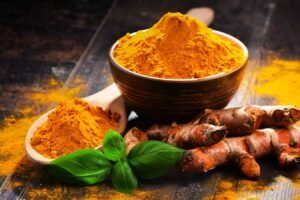
📌 SEO Keyword Summary
natural acne remedies, dermatologist-backed acne treatments, organic skin care for pimples, aloe vera for acne, tea tree oil acne treatment, home acne remedies, hormonal acne natural cure, clear skin tips, acne diet, green tea toner, manuka honey mask, reduce oily skin naturally, natural way to treat acne scars
